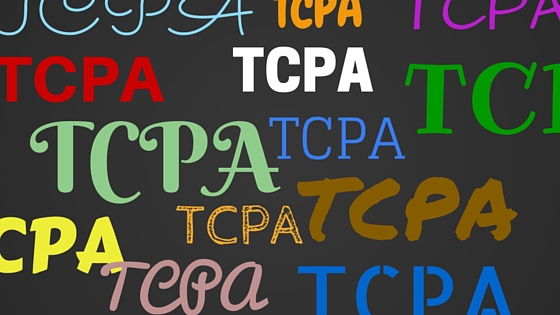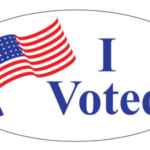Even though the number of lawsuits alleging collection agencies have violated the Telephone Consumer Protection Act may be on the decline, complying with the TCPA has never been so complicated, in the wake of a number of legal rulings and proposed rules that seemingly reinterpret the law on a daily basis.
Conflicting rulings from the Court of Appeals for the District of Columbia in ACA International v. FCC and the Court of Appeals for the Ninth Circuit in Marks v. Crunch San Diego, as well as a notice of proposed rulemaking from the Federal Communications Commission have made dinosaur-sized footprints on the compliance procedures within the ARM industry in 2018, but a panel of compliance experts warned against making knee-jerk changes in the wake of a legal ruling.
The experts, speaking during a webinar last week that was sponsored by TCN, advised that agencies should be obtaining as much information as possible regarding rulings and changes to rules and regulations, but to proceed slowly when actually deciding to implement any changes. Cases like Marks, for example, are still not final and making changes now could be premature if the Supreme Court decides to hear arguments in the case and overturns the Appeals Court’s ruling.
Compliance with the TCPA is definitely “more uncertain” than it was before any of these rulings were issued, said W. Judd Peak, chief compliance officer for Frost-Arnett, during the webinar, but Peak also warned against making changes too quickly.
“Let things gel and solidify before taking any action,” Peak said. “You don’t want to do something that you may have to go and undo if it goes the other way.”
The recent court rulings have spurred more agencies to look at alternative communication methods, such as text messaging, emails, and direct drop voicemails, but it is important for agencies to understand that some of those newer technologies fall under the TCPA, too, said Nicole Strickler, a partner at Messer Strickler.
“I am getting more questions about alternative technologies more frequently,” Strickler said. “They are the communications most likely to be read by millennials. The key is to develop a compliance program. There is a way to it compliantly; it’s an ongoing process.”
When defending against TCPA claims, many of the panelists argued against ever settling a case, because doing so may paint a target on the agency’s back that other plaintiff’s attorneys will want to shoot at. When a claim is made, either in a pre-litigation demand letter or a lawsuit, the panel said that the claim should be investigated by the agency, but then, unless some form of egregious error was made, the claim should be defended.
“We don’t settle TCPA claims,” Peak said. “We don’t want to create a paper trail that we don’t stand behind our technology.”
The key to being able to successfully defend against TCPA claims boils down to sticking to a process that ensures collectors are obtaining consent from individuals when contacting them on the phone.
“Always obtain consent when you have a right-party contact, before you start negotiating,” said David Linares, the chief compliance officer at Diversified Consultants, Inc. “The debtor base is getting younger but the regulations aren’t getting any younger.”









